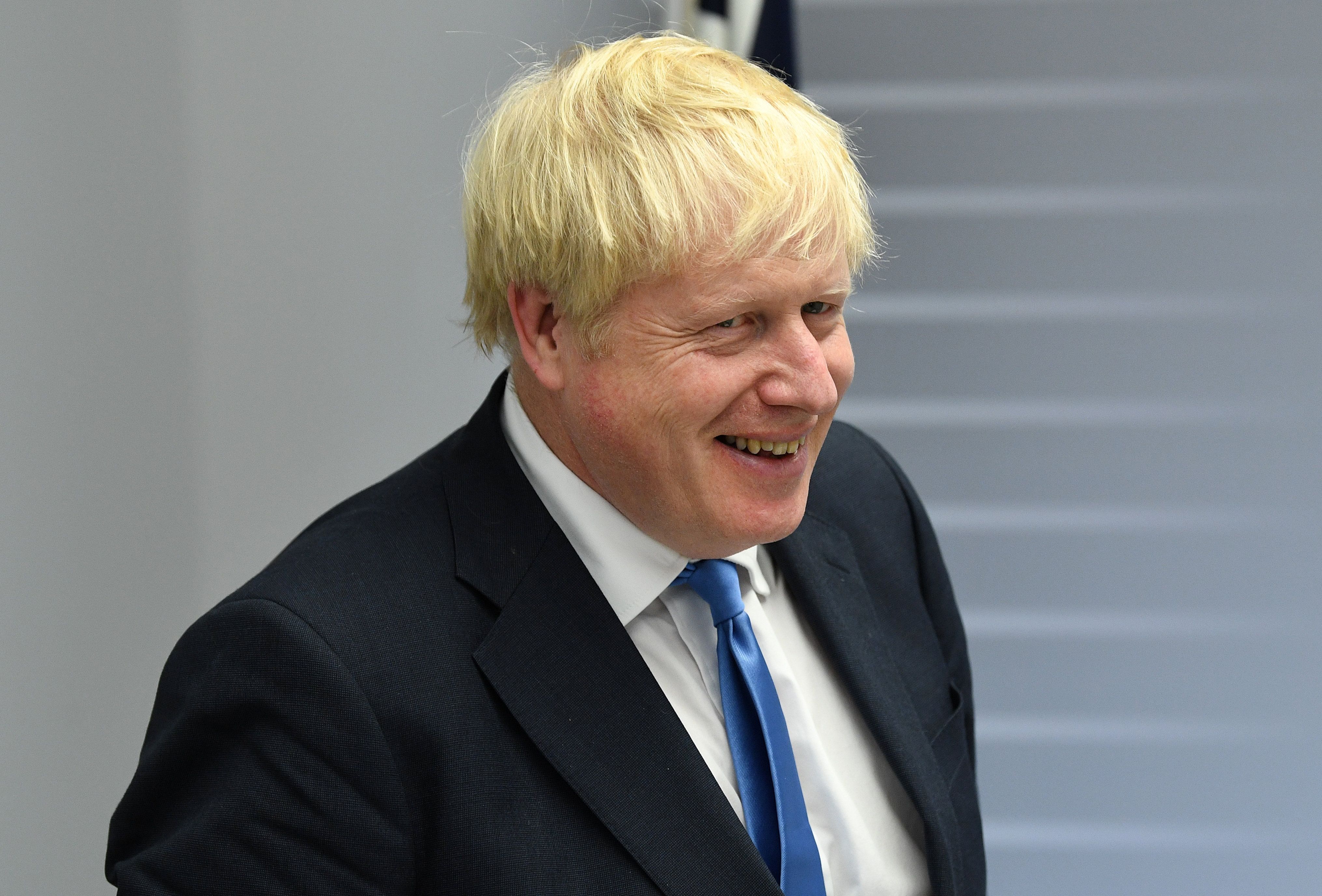Brinkmanship – "the technique or practice of maneuvering a dangerous situation to the limits of tolerance or safety in order to secure the greatest advantage, especially by creating diplomatic crises."
For a colorful example, look at what Boris Johnson did this week. On Wednesday, the UK prime minister announced a five-week suspension of parliament in September and October.
Critics say Johnson's move undermines democracy by stripping lawmakers of precious time for debate and action on Brexit before October 31, when the UK is set to leave the EU. Johnson's defenders insist that there's still time for parliament to meet its responsibilities, that this action is perfectly normal, and that the real threat to democracy comes from those who would frustrate the British people's will by blocking Brexit.
To understand what's happening and where this is going, consider what each of the major players in this drama wants…
Boris Johnson – The prime minister wants to scare the Europeans into believing that he's serious about leaving the EU with "no deal," inflicting serious economic harm on both the UK and the continent. Why the threat? Because he wants Brussels to make concessions on the terms of Brexit that they didn't give to his predecessor, Theresa May. In particular, he wants them to drop the controversial Irish backstop, a provision that could keep the UK tied to the EU customs union indefinitely.
But to make that "no deal" threat credible, Johnson must do all he can to prevent UK lawmakers from taking actions that limit his options.
Jeremy Corbyn – The leader of Britain's opposition Labour Party wants new elections so that he can negotiate his own Brexit deal as Britain's new prime minister. Corbyn opposed the UK's entry into the EU decades ago, and his unwillingness to state a clear position on Brexit since the referendum in 2016 has frustrated Britons on all sides of this issue.
Other opposition leaders – Jo Swinson, leader of the Liberal Democrats, wants to halt Brexit. That means bringing down Boris Johnson's government, but without helping Corbyn become prime minister, even during an emergency period before elections can be held. That's because, given the damage that Brexit has done to both Conservatives and Labour, new elections might play in the LibDems' favor.
Nicola Sturgeon, leader of the Scottish National Party, would like to one day become the first prime minister of an independent Scotland. It appears 2020 might be too soon for another referendum, but antipathy in Scotland for Boris Johnson is helping her case, and his decision to suspend parliament further fuels that fire.
European leaders – EU leaders have differing opinions on Brexit, but most want to make the process as painful as possible for Britain in order to discourage any other EU countries from trying to leave the union in the future. They also don't want to reopen internal negotiations among 27 EU governments over the deal offered to the UK.
What's next? Boris Johnson has taken extreme measures to further his strategy, and his critics in parliament will likely do the same. We could see a strong push for a vote of no-confidence in his government as soon as next week.
If so, Johnson may well call for general elections to be scheduled for the weeks after the October 31 Brexit deadline. The Europeans, watching the resulting fury, will refuse to give Johnson any of the substantive concessions he wants.
In the meantime, the stakes and the anger on all sides will continue to rise.